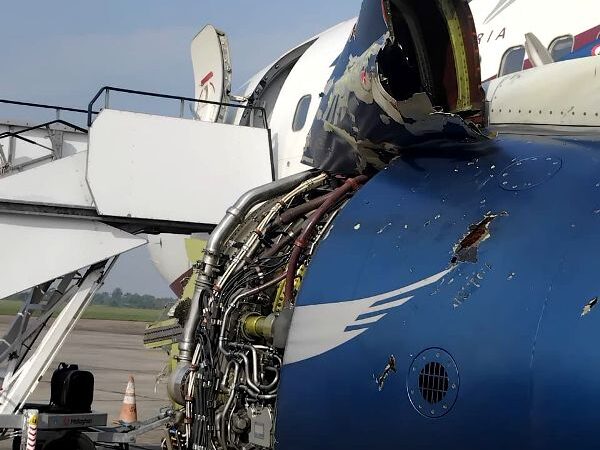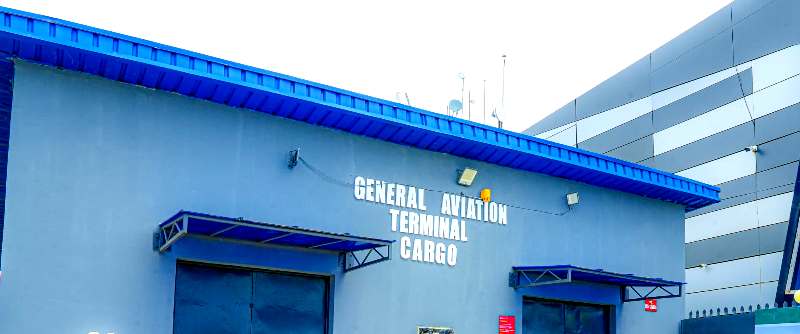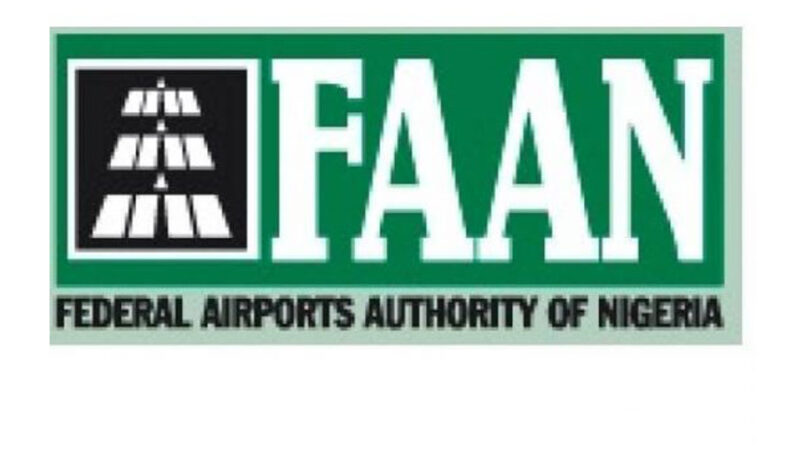Collaboration As Key To Conflict Management In Nigeria’s Aviation Sector

Stakeholders in Nigeria’s aviation industry have resolved that beyond technology and other elements, collaboration among agencies and role players is key to navigating of conflict for a safer aviation industry in Nigeria.
In her welcome address at the Federal Airports Authority of Nigeria (FAAN) 2025 Safety Week held in Lagos under the theme, Navigating Conflict for a Safer Aviation, FAAN’s General Manager, Safety Services, Mrs. Mba Ifeoma Lorrettor said safety “defines our culture, shapes our operations, and sustains public trust in our airports. Every department, every team, and every individual contributes to this shared responsibility of ensuring safe, secure, and efficient operations.”
In his presentation made on his behalf by his Director of Operations, Mr. John Tayo, the Managing Director of Nigerian Airspace Management Agency (NAMA), Engr. Farouk Umar said NAMA “remains committed to strengthening NAMA’s Safety Management System (SMS) and Just Culture, enhancing collaborative decision-making across stakeholders and deepening training and mentorship for our air traffic professionals” adding that “sustainable safety cannot be achieved through technology alone. It requires the right mindset, leadership, and teamwork.” He stated that safety thrives best in an atmosphere of collaboration.
The Managing Director and Chief Executive of the Federal Airports Authority of Nigeria (FAAN), Mrs. Olubunmi Kuku said in her remarks that “safety is collective and so must our response be. We must shift from siloed efforts to integrated safety strategies, where security agencies, airlines, handlers, concessionaires, unions and the regulator work in complete synergy.”
Chairman of Governing Council, Federal Polytechnic, Ogbomosho and former General Manager of Public Affairs at Federal Airports Authority of Nigeria (FAAN), Honourable Dr. Yakubu Dati suggests collaborative problem-solving involving joint safety reviews and feedback systems where teams can turn disagreements into innovation and institutionalizing safety culture which thrives when conflict resolution mechanisms are embedded in policy, operations, and performance evaluation.
In his goodwill message, Chairman of Federal House of Representatives Committee On Safety, Security and Regulations, Honourable David Idris Zacheriah sressed the importance of enforcing laws related to unrullhy passenger behaviour so as to serve as deterrent to intending offenders.
Speaking during the panel discussion, ,the Air Navigation Technical Working Group in African Civil Aviation Commission (AFCAC), Dr. Oche Victor-Elias noted that there are various categories of airport users ranging from crew, to passengers to other people and operators, many of who are not mad and yet not well. He said operators must understand that passengers form a mixed multitude, some of who are depressed, some stressed, some in a hurry to nowhere on flight arrival. He recommended mandatory courses on conflict management for airlines and agencies, advising operators to have a pre-meditated mindset regarding conflict so as to be more tolerant when they occur. He said protocol officers should also be educated on the responsibilities of aviation agencies at the airport as regards VIPs.
Capt. Roland Iyayi of TopBrass Aviation in his contribution, explained that the responsibility of the airline begins when the passenger boards an aircraft and that there is an airport responsibility for passenger facilitation.
“When you have passengers complaining most times and looking at the airlines, it is the airport that has issues,” he said citing inadequacy of infrastructure, lack of adequate personnel training and need for a general reorientation about ego.
He said the industry is designed to be in perpetual conflict and that efforts should be made to minimize such conflict such as adequate training and recruitment by the airlines. He noted that FAAN personnel ought not to be at the screening machines point beyond 30 minutes but are there for over two hours due to shortage of personnel.
Mr. Nath Onoigboria of FAAN AVSEC said conflicts cause disruption at the airports and should be managed, citing an example of functional communication facilities that need to be provided at the airports before the Christmas rush season.
Mrs. Nosa Osula-Aituamen of Federal Radio Corporation of Nigeria noted that frustration of passengers by the airlines is responsible for many of the conflicts, adding that “we need to work on customer service deficiency and communications while agencies and operators need to collaborate.
Dr. Chinedu Eze of ThisDay Newspapers advised airlines to be specific on causes of delays and cancellations when they occur rather than just saying it is for operational reasons.
Dr. Adamu Abdullahi of the Federal Consumer Competition and Protection Agency (FCCPA) stressed the need for collaboration with the use of Memoranda of Understandings (MOUs) and the need for “a closer look at customer services to know how to manage it.”
FAAN’s Director of Human Resources and Administration, Dr. Emiola Olatunbosun Luqman said “we need to move from poor value system because most the conflicts have to do with our value system.






